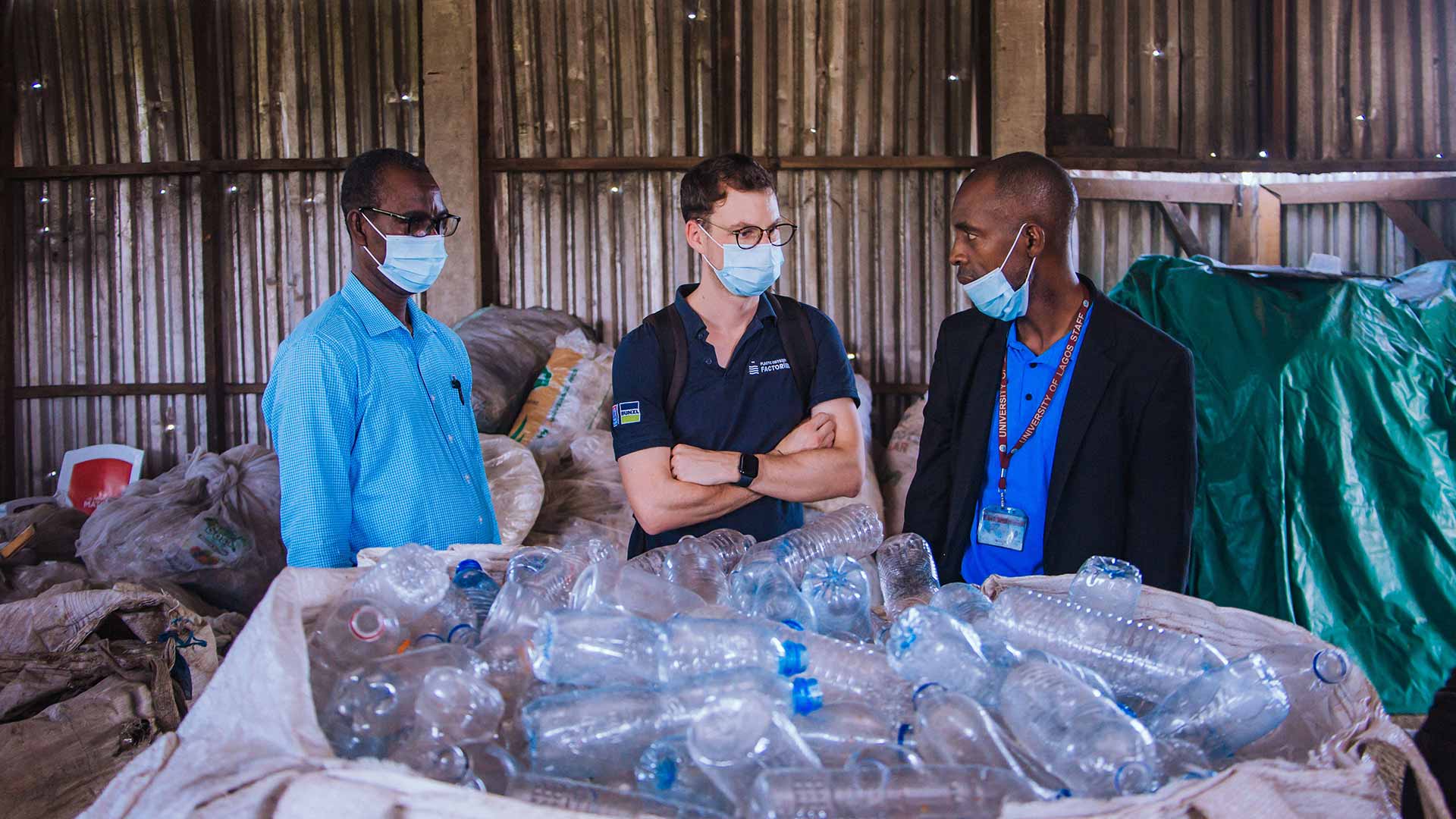
Plastic Recycling Project launched in Nigeria
In partnership with researchers and university organizations, the project aims to set up two recycling microfactories on the campuses of these universities. The objective is to work together on a recycling process adapted to local needs, in order to develop the plastic recycling sector in the country. Initiated by the French Embassy in Nigeria, this project is funded by the French Embassy Fund (FEF) in partnership with Plastic Odyssey Factories and other partners, in particular to set up FabLabs on campuses.

Waste management in Nigeria
With a population of over 229 million, Nigeria is set to become the world’s third most populous country by 2100. With local economic conditions and international relations complicated, youth employment is a major challenge for the years ahead! In addition, rapid population growth and a lack of adequate infrastructure have led to problematic waste management. Every year, the country produces 2.5 million tonnes of plastic, including 870,000 tonnes in Lagos, and less than 10% of this waste is recycled, of which 13% is plastic. Effective local solutions are therefore essential. The aim of this collaboration with universities is to launch a solid, long-term project, enabling the full appropriation of waste treatment and recovery solutions to meet local needs.
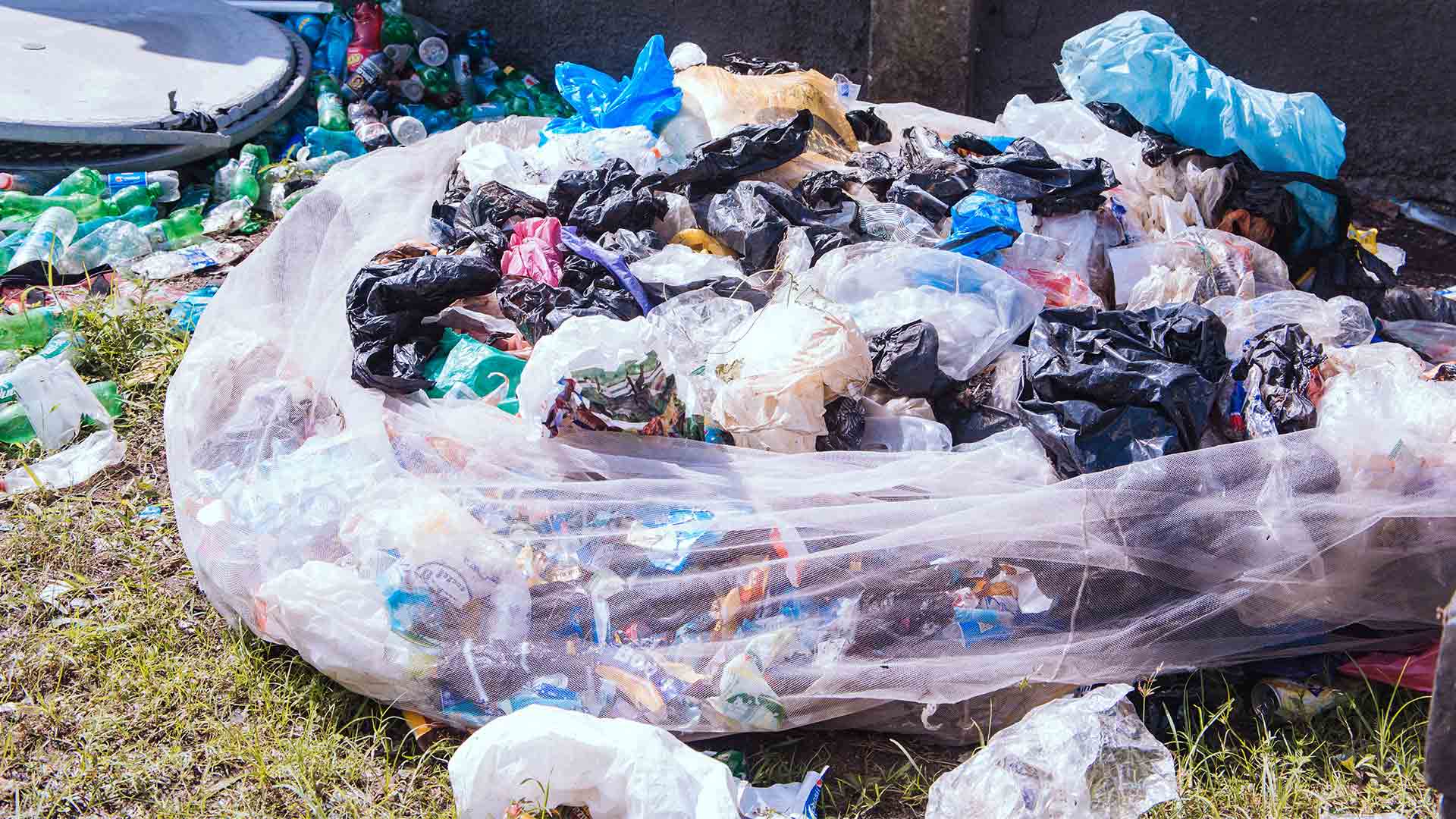
Setting up the recycling project
First stage: visits to university campuses
At the end of June 2024, we travelled to Nigeria to visit the two university campuses. The purpose of these visits was to study the feasibility of setting up microfactories, to assess the interest for research, to measure the local production capacity from a technical point of view, to better understand the current waste management system and finally to consider possible synergies with student projects. These initial visits enabled us to work together to define the most appropriate recycling channel for the various campuses, so that the proposed solutions best meet the local context and needs. Following these visits, the final design of the two recycling microfactories was validated so that Plastic Odyssey Factories, our subsidiary based in Dakar, Senegal, could prepare for the installation of the two units by early 2025.
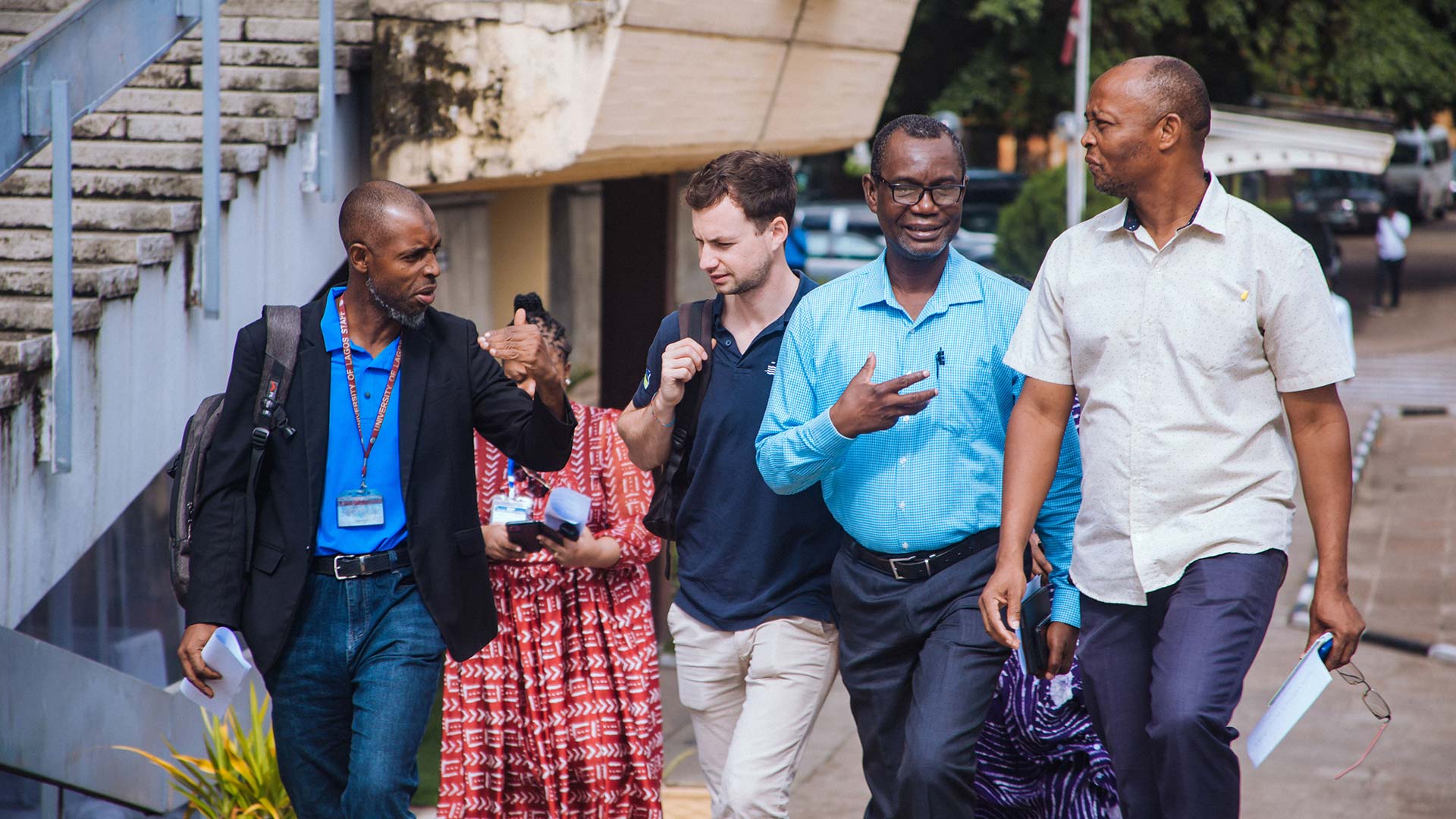
Second stage: technical assistance and training
In early 2025, we will provide technical assistance for the installation of the two microfactories, as well as training for the academic and operational teams. Training will also be given to student volunteers to stimulate interest and launch an awareness program.
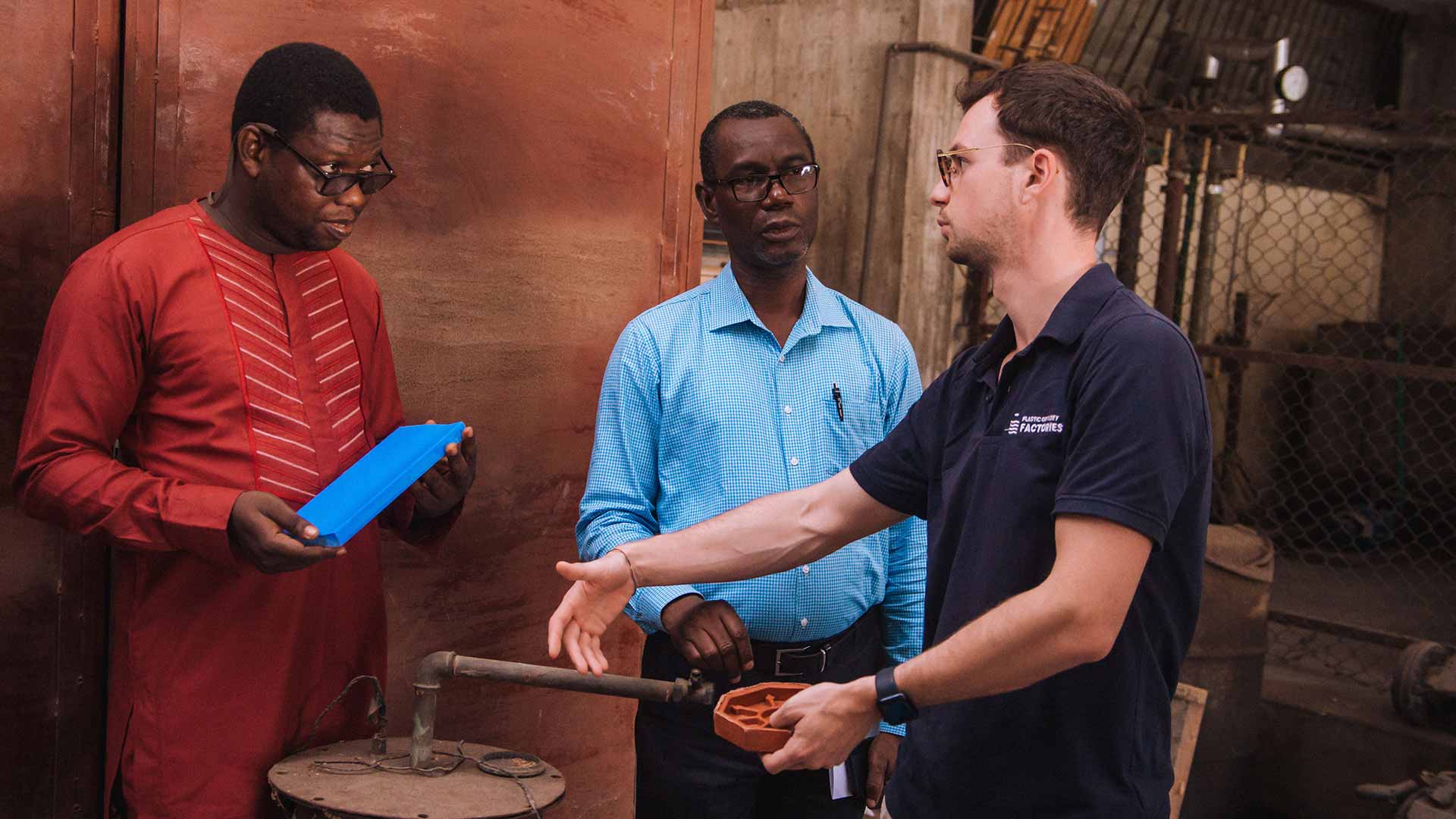
Introducing our Partner Universities
Nile University of Nigeria
Nile University of Nigeria is based in Abuja, the country’s capital, in a new and expanding campus. Many building materials are required, as well as supplies for the campus and surrounding communities. The university has over 11,000 students and is growing daily. Nevertheless, the current waste management system on campus does not currently include waste recovery. However, within the campus, an informal system has been set up where the men and women of the household collect certain high-value waste products for resale off-campus to earn extra income. A new model therefore needs to be devised with the current players when the microfactory is launched. On the academic front, researchers are very keen to develop projects involving composite materials based on plastics, minerals or geopolymers. A research project on the subject is already underway.
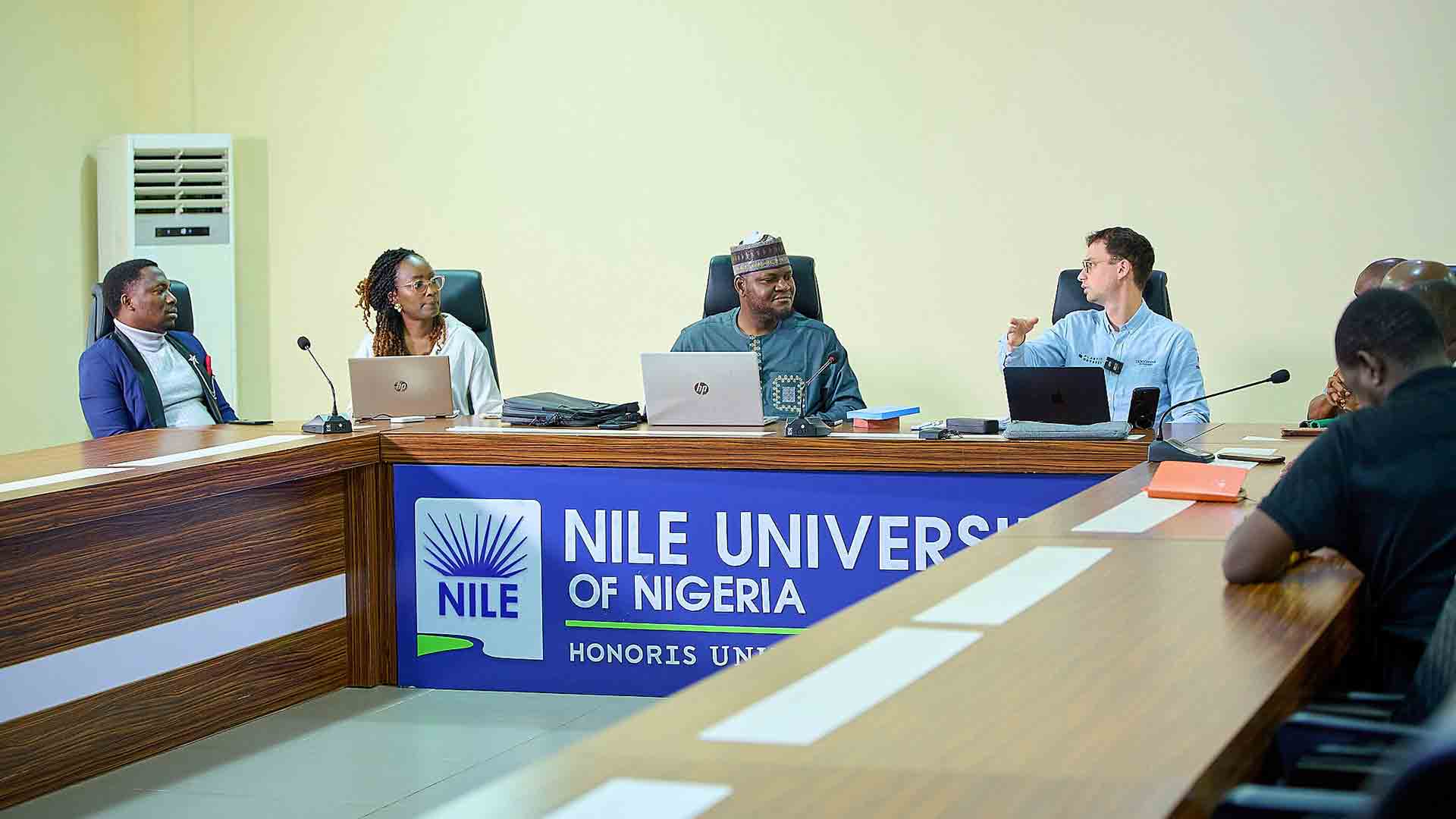
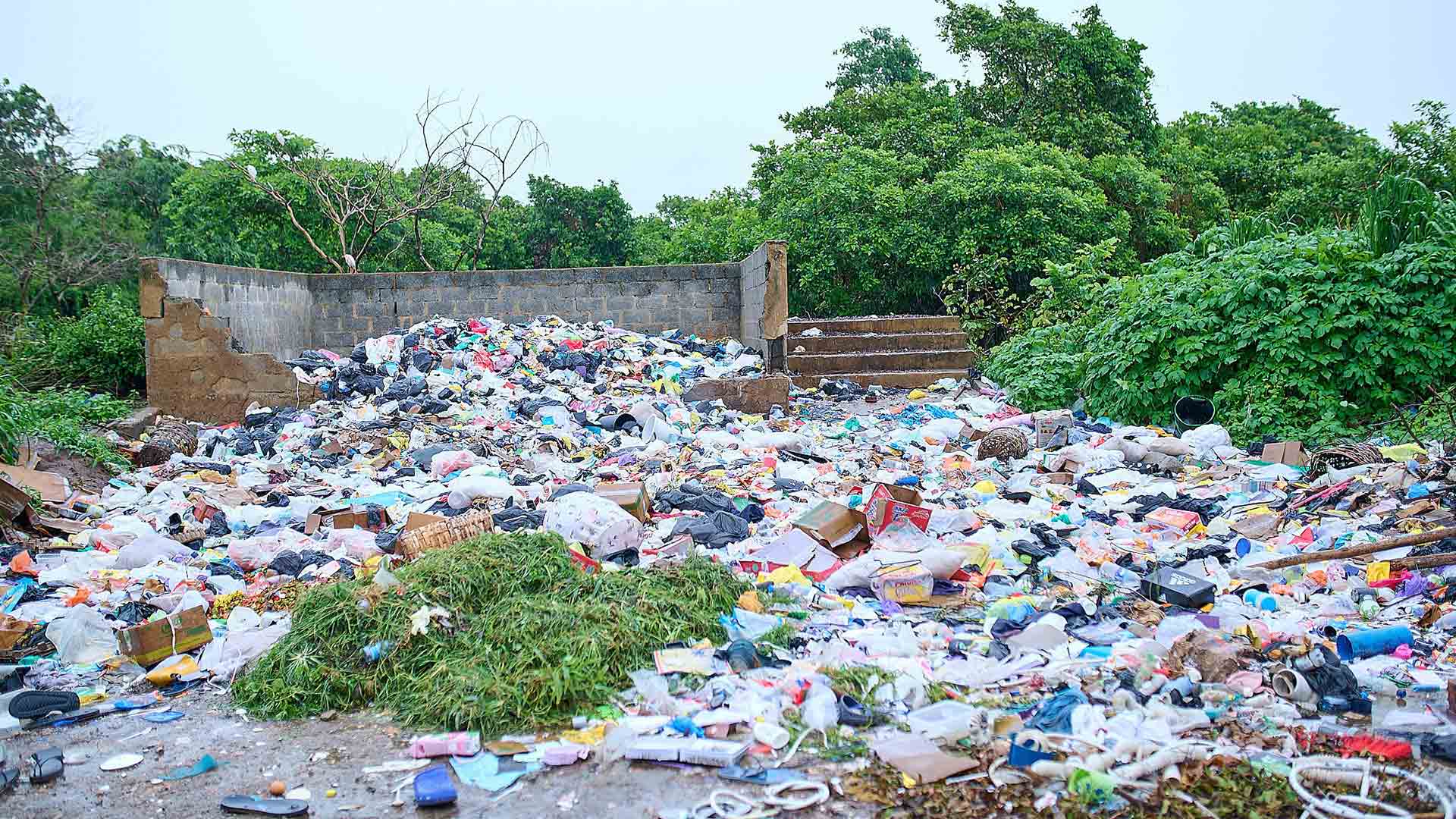
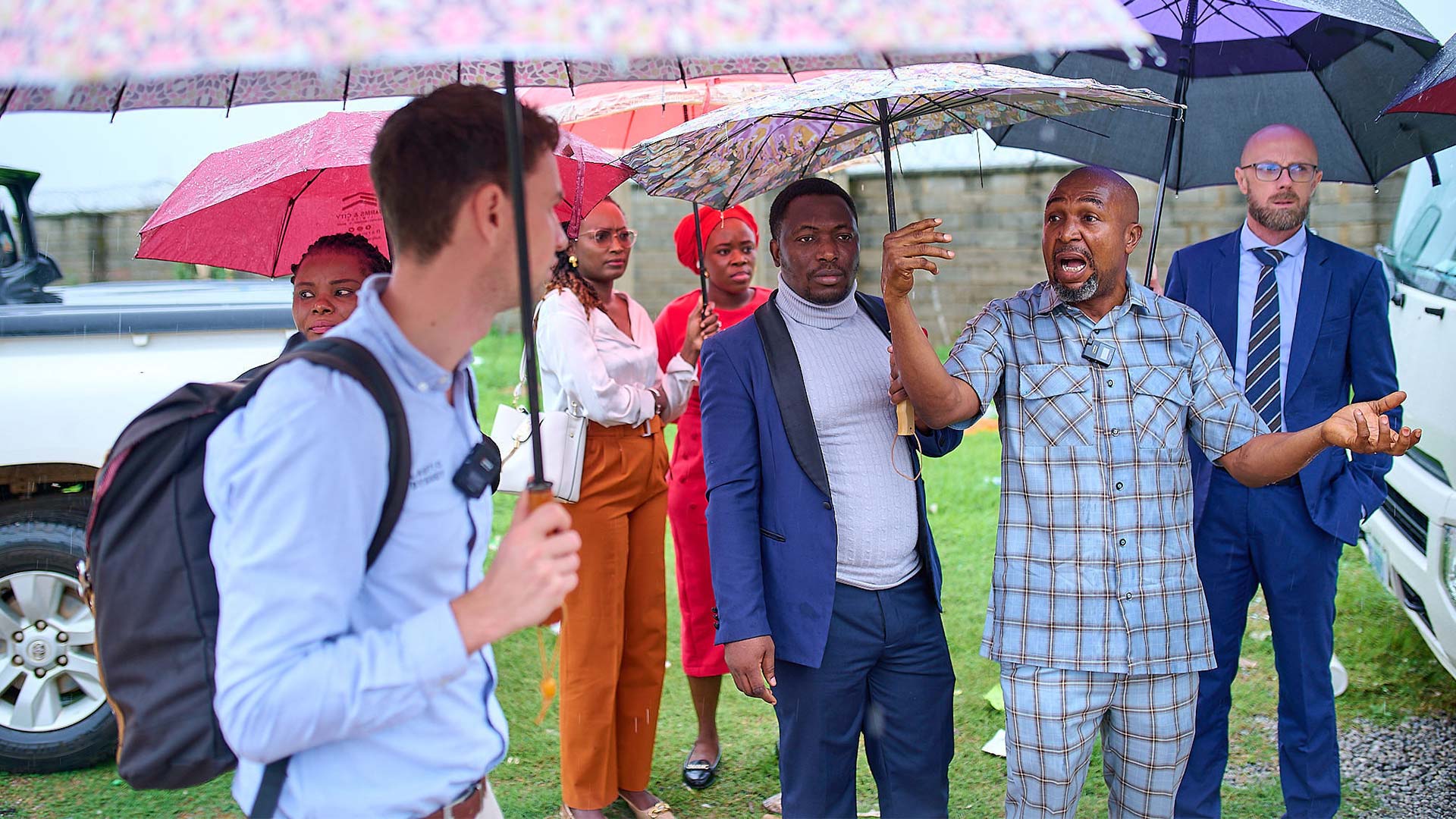
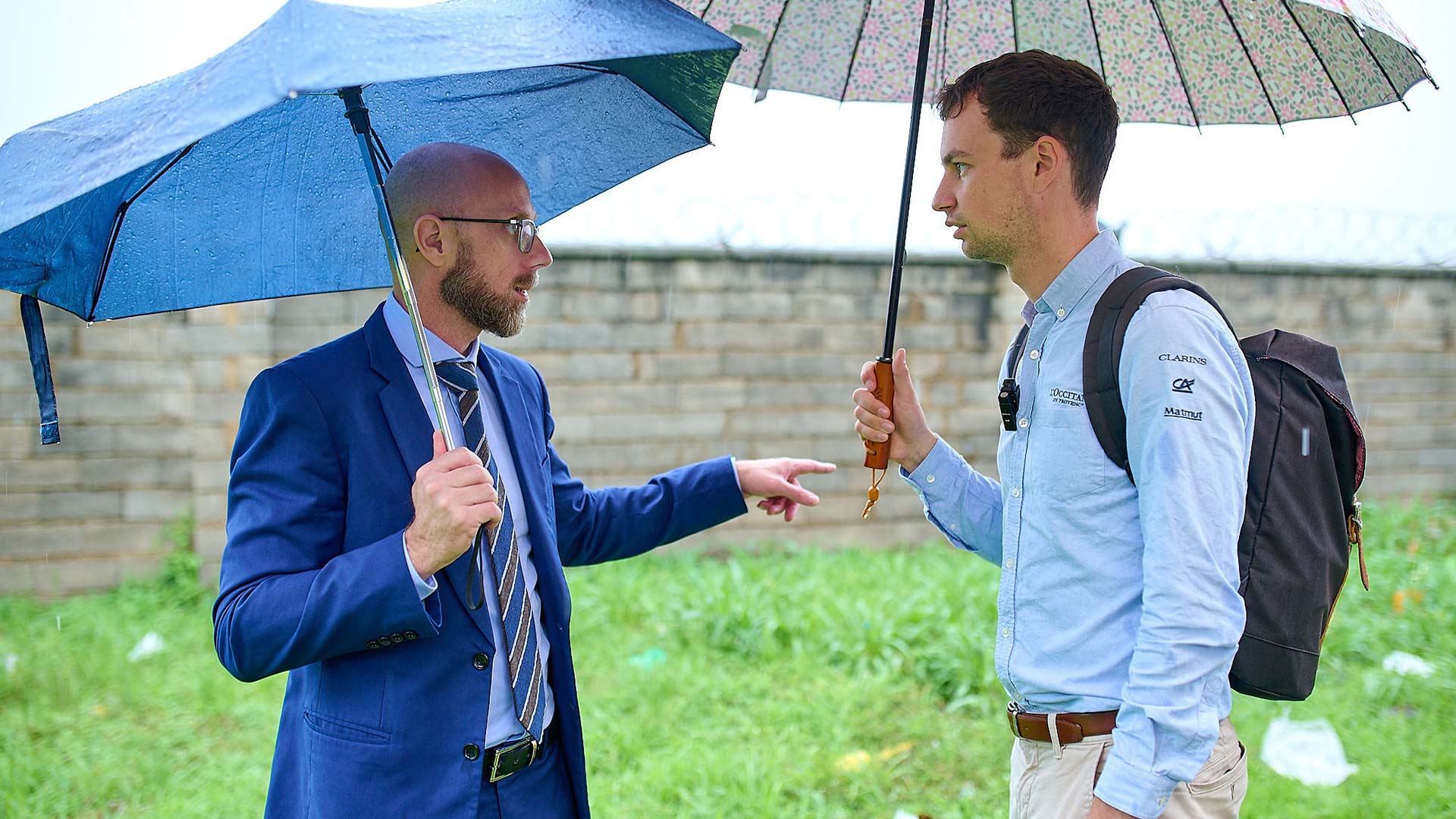
The campus also boasts a large mechanical workshop, enabling equipment to be manufactured and additions or modifications to the recycling chain to be imagined, which would encourage in-house development of the project and thus its appropriation. Beyond the technical sphere, an entrepreneurship center on campus hosts numerous projects and students, some of whom are interested in waste recovery. This adds a commercial and entrepreneurial dimension to the project, essential to ensure its long-term viability.
University of Lagos (UNILAG)
The University of Lagos (UNILAG) is located in the economic capital of Nigeria, which has a population of over 30 million. The campus alone is home to over 55,000 students, not to mention faculty and staff, forming a veritable city. Since 2014, the university has had its own waste management system, including a collection and sorting system. Two private companies commissioned by the university collect waste on campus and transport it to an in-house management center. This center is associated with a landfill where a third company recovers high-value materials, including certain rigid plastics and aluminum cans, for resale to off-campus recyclers.
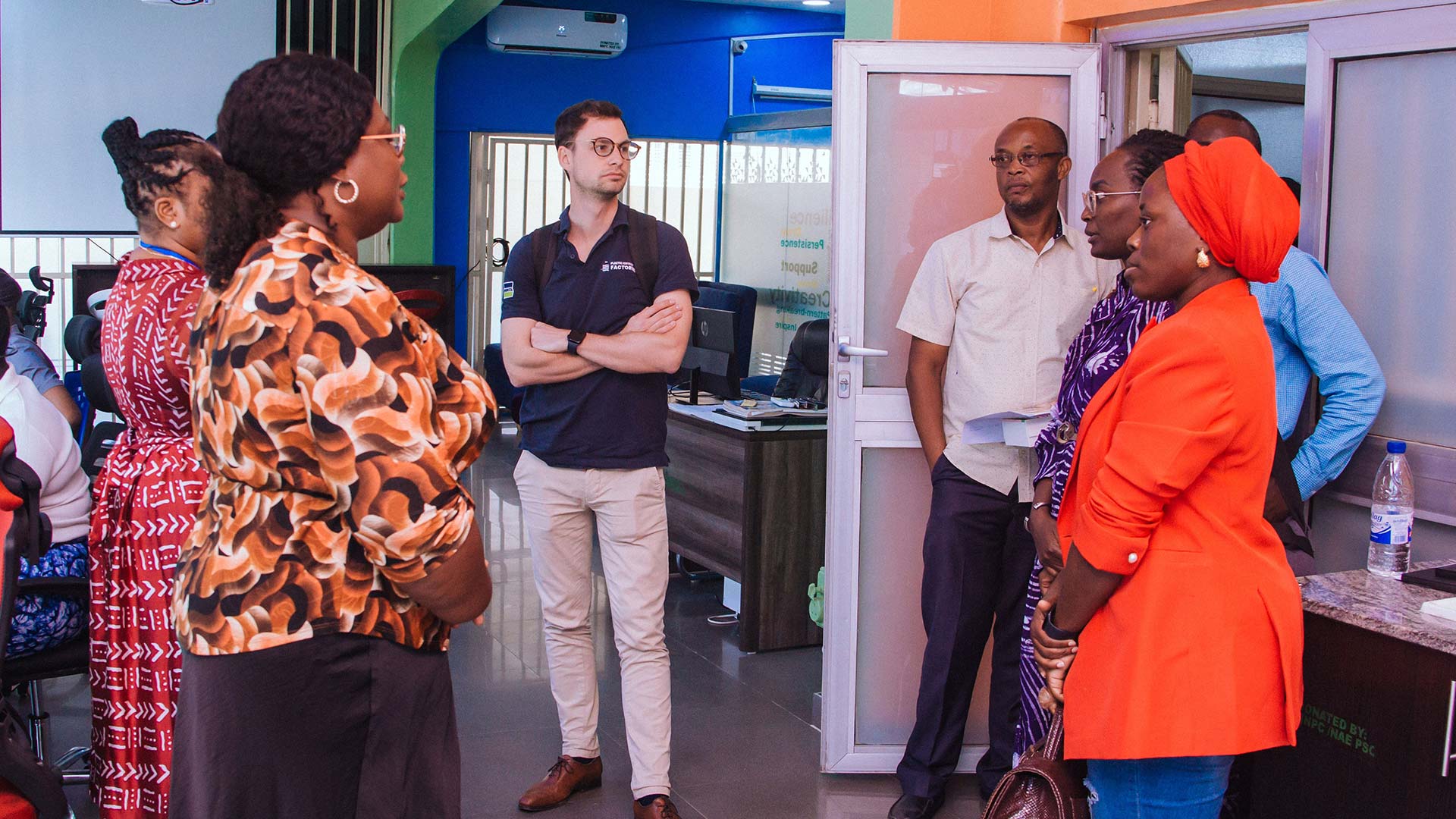
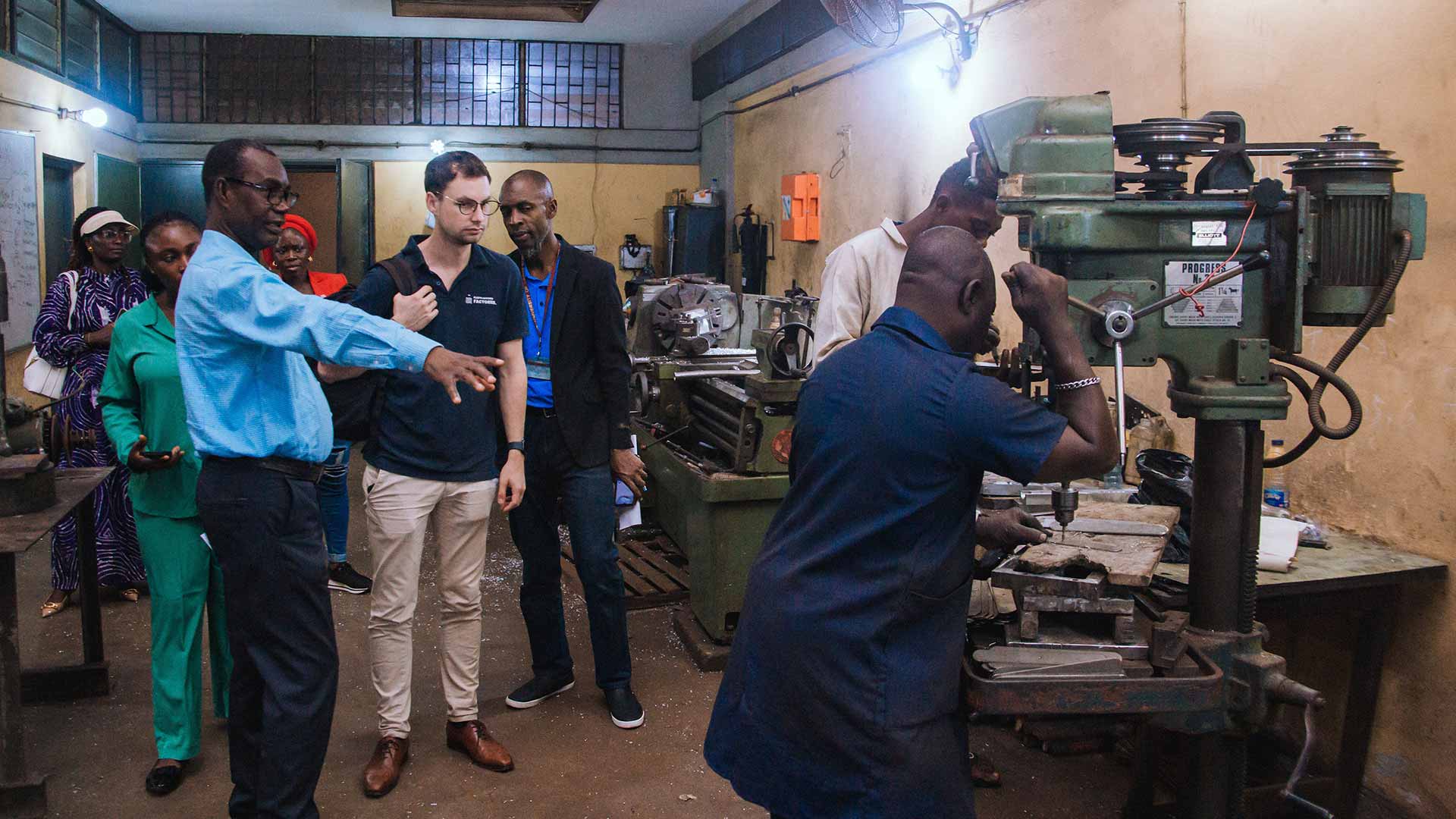
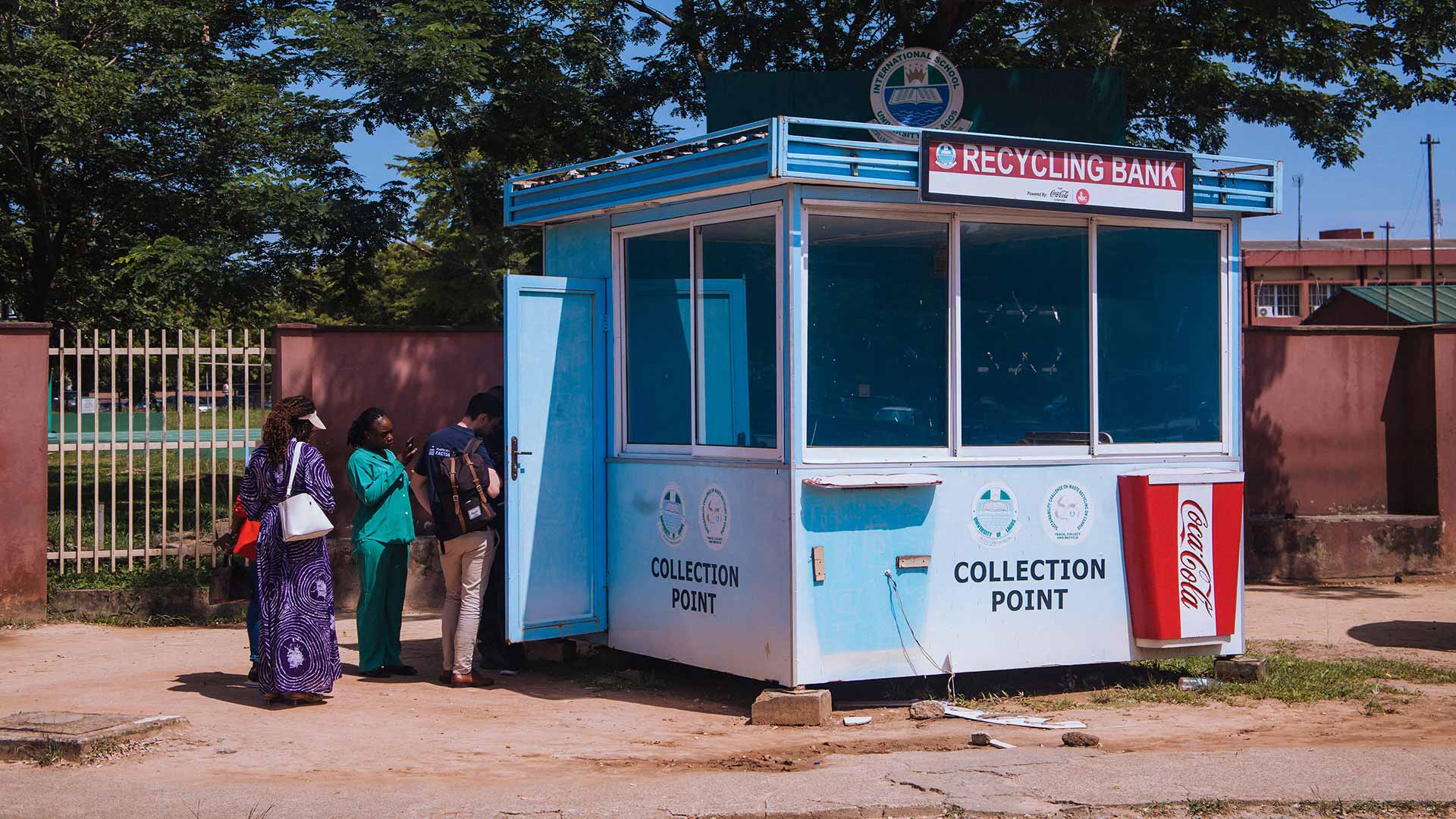
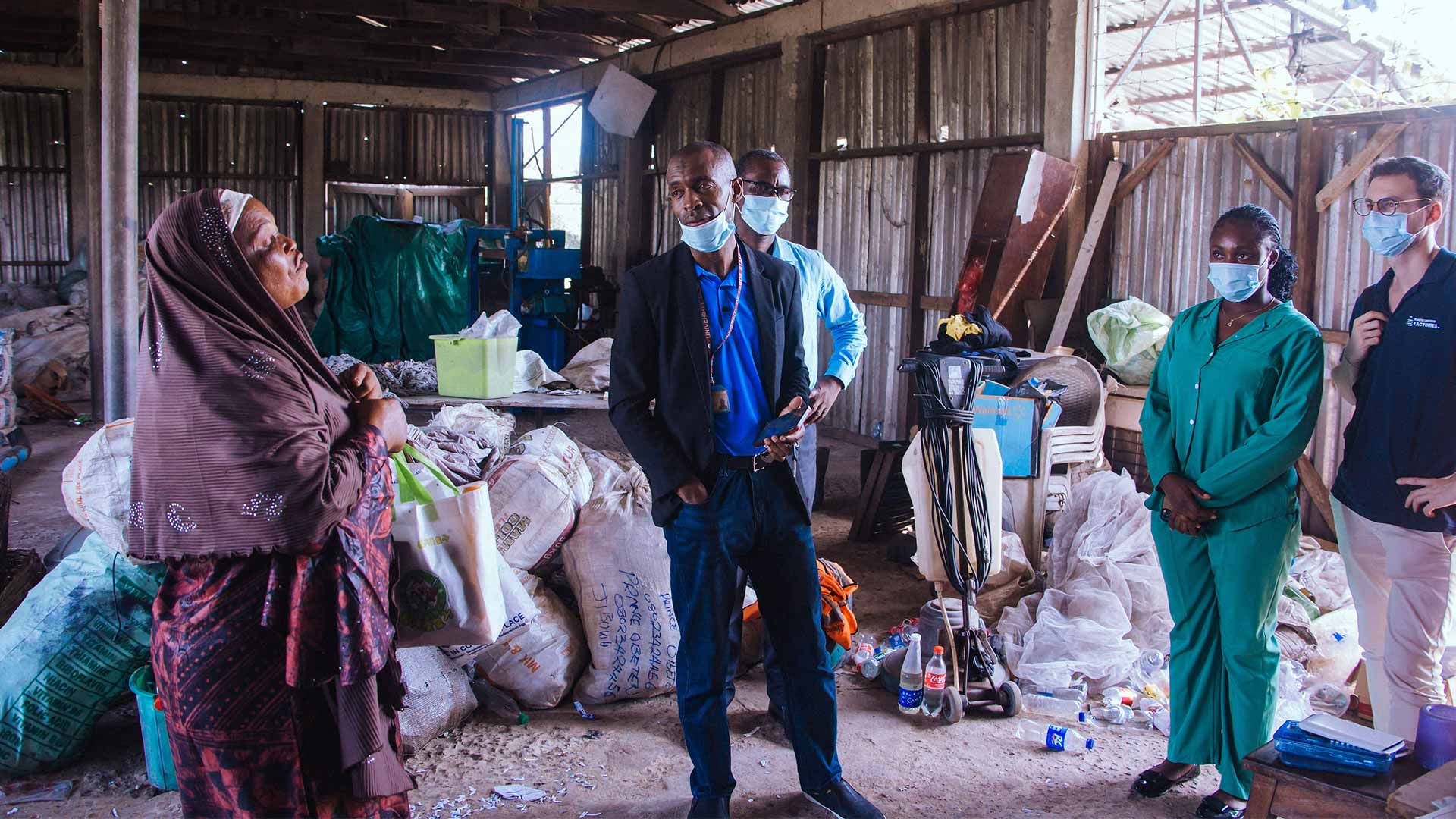
The university is highly multidisciplinary, with a department of engineering and mechanics that has a strong interest in materials, and a very dynamic entrepreneurship center, forming a highly favorable ecosystem for the development of a plastics recycling and recovery sector. A site is already planned for the microfactory. A number of business models have been devised for possible outlets for recycled plastics, notably in the supply and furniture sectors. These models can be tested by the researchers in charge, in collaboration with student and entrepreneurial projects.

The Plastic Odyssey Local Factories are inspired by innovations and systems used on the ground around the world. They bring together, in the form of a container, all the machines necessary for the transformation of waste into new material or object.
